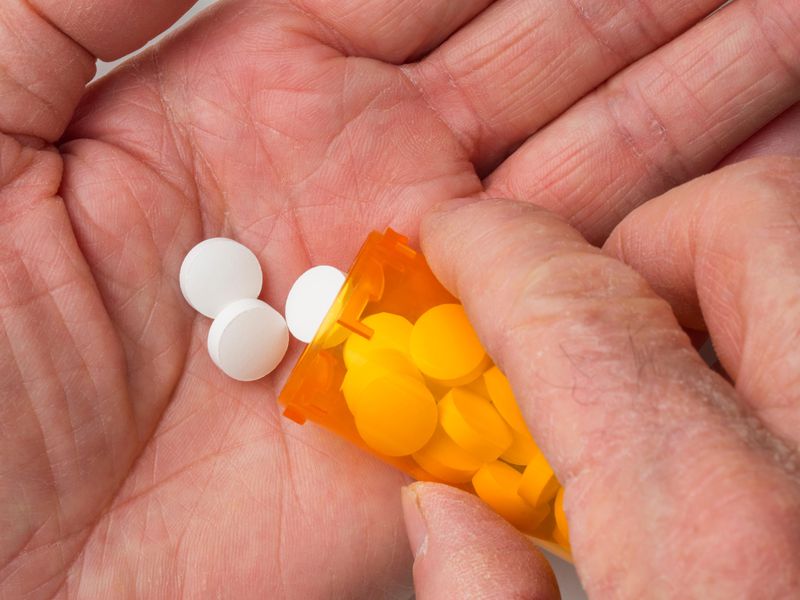Human nature never fails to amaze me.
I’m sure you’ve all heard of placebos, those fake pills that are used as real drugs in scientific studies. The complication is doctors have been giving placebos to patients as a beneficial treatment  for centuries, and their patients usually improve, even though there is no medicinal value. The kicker is recent research suggests a placebo can have a real benefit even when the patient knows they’re fake.
for centuries, and their patients usually improve, even though there is no medicinal value. The kicker is recent research suggests a placebo can have a real benefit even when the patient knows they’re fake.
An article in Smithsonian magazine describes how a writer decided to test this for himself. (If you find this fascinating, the article is at http://www.smithsonianmag.com/science-nature/why-i-take-fake-pills-180962765/. Read that first to get the full story. Otherwise, this is an incomplete summary.) In an admittedly small trial (one person), he had a friend who’s a psychology professor give him a placebo for writer’s block to see if there would be any benefits. The experiment was carefully planned — capsules were used instead of pills because they look more scientific, yellow was chosen as their color to suggest money (gold), and detailed instructions were written for the “patient” to follow. It was pretty unconventional; the pharmacist was particularly flummoxed on how to counsel a patient about a fake drug (overdosing was impossible, but what about addiction?).
Exactly why do placebos work in the first place? Is it a simple question of mind over matter? Or is it the process — are the ministrations of a caring physician and pharmacist enough to heal?
In this case, the results were not clear-cut, at least for the writer. But in an interesting twist, they did help his daughter get to sleep.
The human mind really is amazing.
The photo came from the article.
